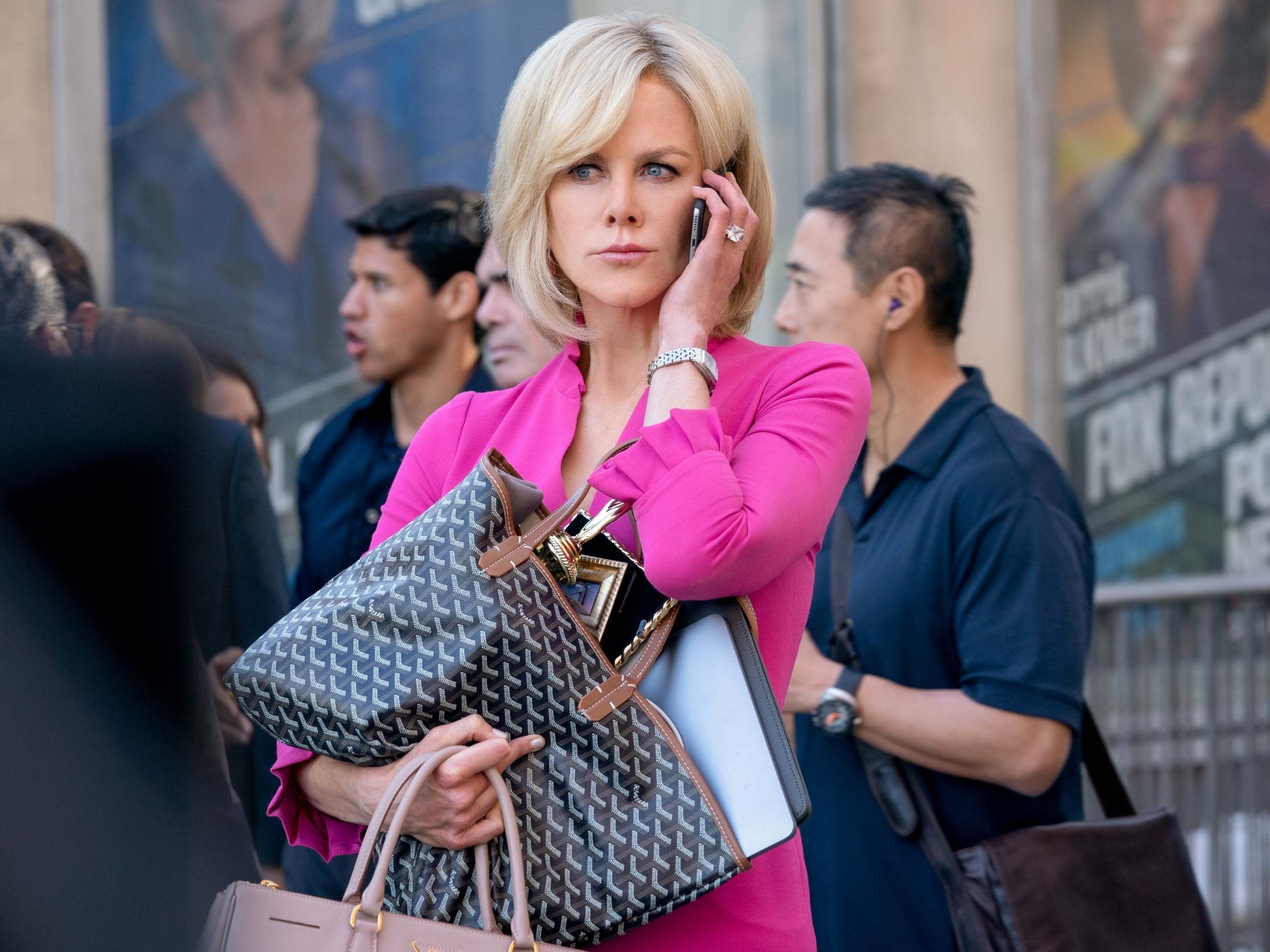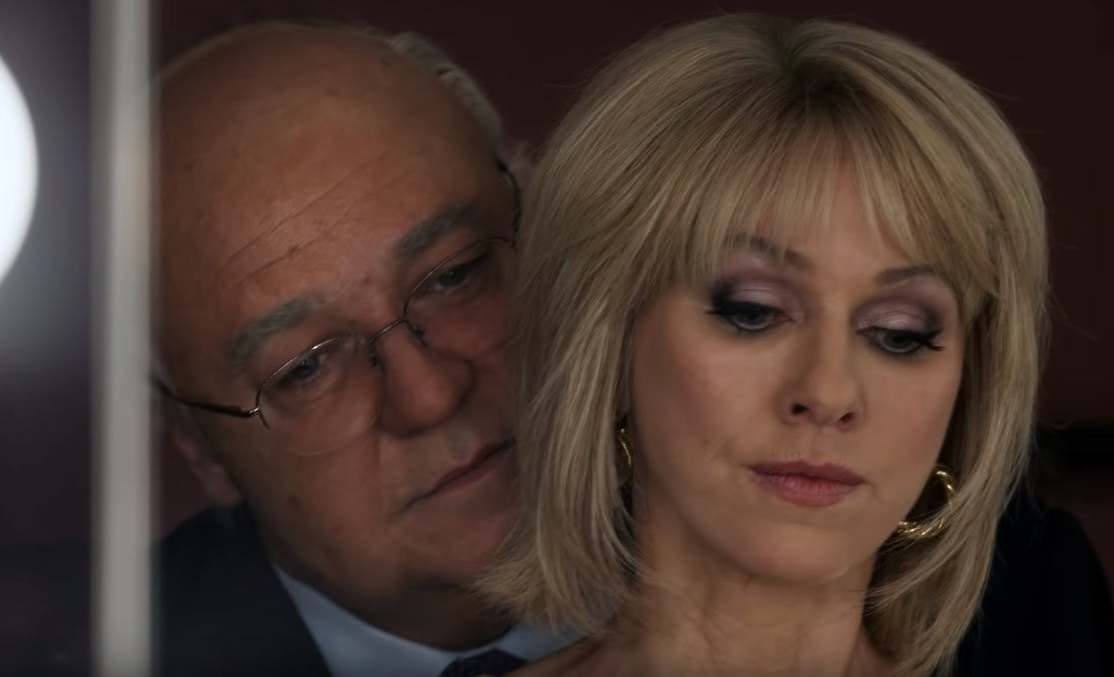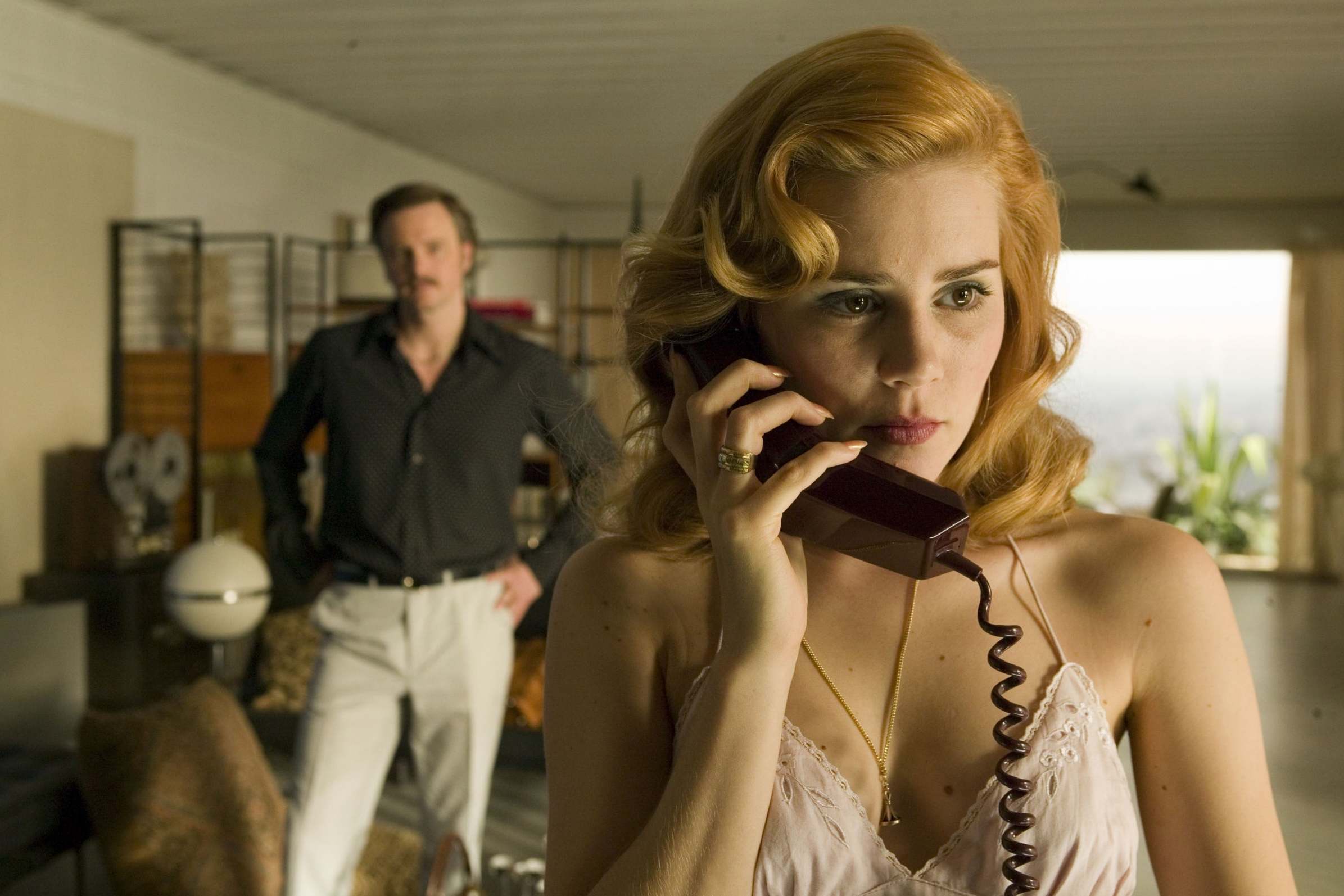Hollywood is experiencing a new wave of post-Weinstein films about sexual harassment, but will they change anything?
The Hollywood studios that turned a blind eye to predatory behaviour are now busily commissioning TV dramas and movies like ‘Bombshell’ and ‘The Assistant’, highlighting behaviour once hidden behind boardroom and hotel room doors, says Geoffrey Macnab

If Chilean miners are stuck down a mine shaft, OJ Simpson is on trial for murder, or a New Republic or New York Times journalist is caught fabricating quotes, someone in Hollywood will make a film about it. Whenever any news breaks that captures the public imagination, the immediate reaction is: commission a movie. That opportunism has always characterised the US film industry. It has been intriguing, though, to see how the studios have reacted to scandals in their own backyard.
Since the sexual harassment allegations involving a series of major male figures in the US media have broken over the past two years, Hollywood has rushed with typical speed to make films and TV dramas exposing the behaviour of all those lecherous white male media magnates.
One new film being talked up currently as a potential awards contender is Jay Roach’s Bombshell, about the women at the Fox News Channel working under Roger Ailes. Produced by Charlize Theron who also stars in it alongside Nicole Kidman and Margot Robbie, this is billed as “a revealing look inside the most powerful and controversial media empire of all time; and the explosive story of the women who brought down the infamous man who created it”. John Lithgow plays Ailes while Kidman is cast as Gretchen Carlson, the Fox news anchor who files a lawsuit against him for sexual harassment.
Another new movie sparking huge interest is Kitty Green’s The Assistant, which is reportedly inspired by the Harvey Weinstein scandal. It follows a day in the life of Jane (Julia Garner), fresh out of college and dreaming of a career in the movie business. She has just taken a job as a lowly assistant to a movie mogul. As a junior employee, she does the dogsbody tasks. She makes the coffee, changes the paper in the printer and runs errands. However, as she goes about her daily tasks, she realises that she is working in an environment in which abuse is endemic. She is treated with contempt by more senior male colleagues and can’t help but pick up on her boss’s real intentions towards the young actresses who keep on turning up at the office.

The Assistant and Bombshell follow on from the recent TV series, The Loudest Voice (2019), in which Russell Crowe played Ailes with Naomi Watts as Gretchen Carlson. Both have been premiered shortly in advance of Weinstein’s trial, expected to start in January. Meanwhile, The Morning Show, a new drama starring Jennifer Aniston as a TV anchor whose presenting partner of 15 years (Steve Carell) is fired amid a sexual misconduct scandal, has just launched on Apple TV+. There has also been a spate of Weinstein documentaries, while David Mamet has written a new play, Bitter Wheat, about a Weinstein-like executive.
On the one hand, these are courageous, groundbreaking projects drawing attention to the appalling behaviour of predatory, manipulative male executives who’ve used their seniority and power to abuse women. Given that the abusers used blackmail, bullying and the rigorous enforcement of NDAs (non-disclosure agreements) to keep their bad behaviour out of the media, it is all the more welcome that their secrets are being aired in big new movies and prime time TV dramas.
On the other hand, these films and TV dramas are being bankrolled by some of the same companies that permitted the abuses to carry on in the first place. The question is whether they signal a fundamental change in that system or whether they’re being made now because they’re topical, potentially profitable, good for their financiers’ reputations, and provide the subject matter and plum roles that win awards.
The abusive behaviour that the films chronicle has been going on for years. In a recent interview, Canadian director Atom Egoyan pointed out that his 2005 feature, Where The Truth Lies, about the mysterious death of a young woman in a hotel suite, dealt with “very powerful men in bathrobes in hotel rooms, taking advantage of women who trust them”.
Those men in bathrobes, looking for massages, have always been there, ready to exploit the idealism and vulnerability of young actresses and assistants for their own gratification. It’s doubtful, though, that showing them on-screen will make them go away.
In the wake of the financial collapse of 2008, several movies highlighted the subprime mortgage crisis, white-collar crime and financial skullduggery, among them The Big Short (2015), 99 Homes (2014) and Oliver Stone’s Wall Street: Money Never Sleeps (2010). Few would argue these movies resulted in greater regulation of Wall Street or that the “greed is good”-style behaviour has changed because of them.
The Oscar-winning Spotlight (2015) exposed a shocking story about child sex abuse by Roman Catholic priests. It was an impassioned and well-made film but, again, there is little evidence that it has helped stop that abuse.
It would be very depressing if, after new movies like The Assistant and Bombshell, Hollywood simply moved on to the next subject of the moment and forgot about sexual harassment and gender inequality in the movie and TV business.
“We all know that when a man is ambitious, it is a good thing. When a woman is ambitious, it is not such a good thing. She is probably a bitch,” said the producer and star Theron, who summed up the double standards in movie portrayals of women in the media business. Either they’re ruthless and unscrupulous like the weather reporter played by Kidman in To Die For (1995), or they are victims, made to soak up the bullying and harassment in order to keep their jobs and get the roles that may make them stars.
Theron was picking up on systemic abuse and stereotyping also noticed by James Schamus, the producer of The Assistant. Schamus is the former head of Focus Features, a company with a reputation for making the same bold, director-driven, independently minded films that Miramax turned out in its prime – but without the toxic corporate history of Miramax. When the Weinstein scandal broke two years ago, Schamus pointed out that demonising Weinstein was to risk missing the real story. “We need to move past our fascination and horror at the pathologies of this particular predator, and ask, just how is it possible that, for example, a corporate Human Resources department could, for three decades, in essence, preside over a factory of abuse?” Schamus asked in an interview with The Hollywood Reporter.

Reading She Said: Breaking the Sexual Harassment Story that Helped Ignite a Movement, the recent book about Weinstein written by New York Times reporters Jodi Kantor and Megan Twohey, you can’t help but think what a brilliant movie it could make. It has many of the same elements as All the President’s Men. Kantor and Twohey are every bit as dogged in their reporting as The Washington Post’s Carl Bernstein and Bob Woodward were in their pursuit of Richard Nixon. The Black Cube private investigators (ex-Mossad spies hired by Weinstein) add an espionage angle.
Weinstein isn’t the only villain in the story either. The character who really causes your jaw to drop is the lawyer, Lisa Bloom, who made her reputation by representing women in sexual harassment cases but then ended up working for Weinstein. She sold him the film rights to one of her books. Bloom wrote a now-notorious memo to the disgraced Miramax founder with tips on how to discredit his accusers. In this document, she was especially dismissive of actress and Weinstein victim, Rose McGowan. She rubbished McGowan’s filmmaking. “I’m no film critic, but I found it dreadful, but telling as to who Rose is: boy meets girl. Girl trusts boy. Boy murders girl. All men suck. The end”, is her curt dismissal of McGowan’s directorial debut, the short Dawn (2014). She provided Weinstein with advice to discredit McGowan with a “few well-placed articles” suggesting how “unglued” the actress has become.
While Bloom emerges very badly from She Said, the book has plenty of courageous figures too, among them the actress and activist Ashley Judd and Weinstein’s former employee, Laura Madden, both of whom went on the record against the movie mogul. They’d all make great movie roles.
However, turning She Said into a two-hour dramatised feature would also risk simplifying and trivialising the subject matter. Not all the voices would be heard, Hollywood endings rarely leave much room for nuance or ambiguity. The movie would provide the illusion that thanks to the reporting of the journalists and the bravery of the women who spoke out on the record, the problem had now been dealt with.
It’s hard, too, to see how a single film or TV series can address a history of sexual abuse and harassment that is as old as the industry itself in anything other than the most cursory way.
We shouldn’t be surprised the same Hollywood companies that turned a blind eye to the predatory behaviour of their own executives are now busily commissioning new movies and TV dramas about such behaviour. By the same token, only the most hard-bitten cynics would argue films like Bombshell and The Assistant are only money-making exercises, put into production because they tap into the zeitgeist and there seems to be an audience for them. These films may not be able to change the system or shift attitudes on their own but they are highlighting behaviour once hidden behind boardroom and hotel room doors. If they are successful, it might again be possible to talk about Hollywood as the “dream factory” rather than the “factory of abuse” that Schamus hints it has become.
‘Bombshell’ is released in the UK on 24 January
Join our commenting forum
Join thought-provoking conversations, follow other Independent readers and see their replies
Comments